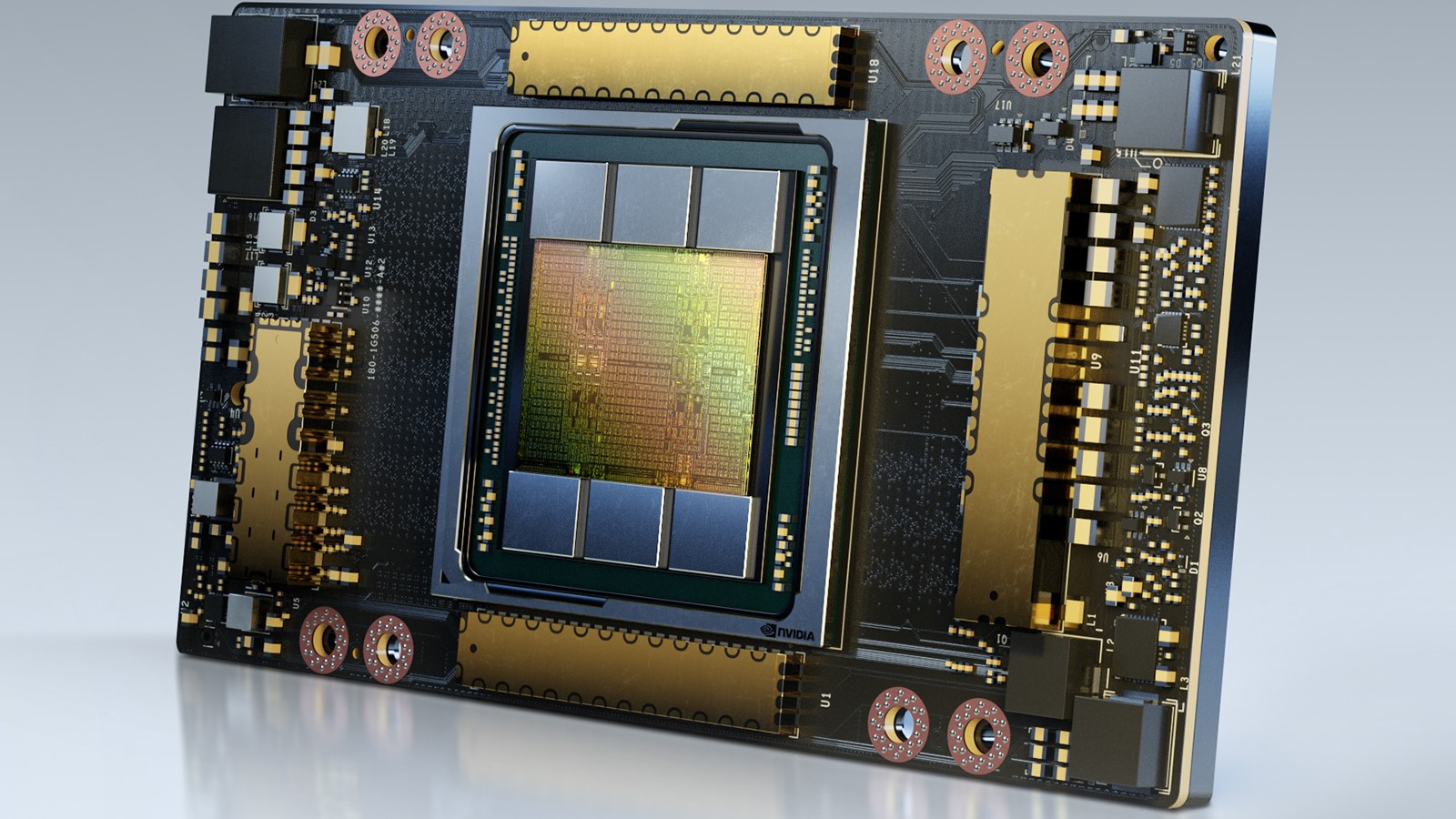
The U.S. Department of Commerce has prohibited Chinese self-driving truck company TuSimple from sending 24 A100 GPUs to Australia, according to a report from the Wall Street Journal. Although Australia isn't under any sanctions or restrictions when it comes to graphics cards, the U.S. government is concerned these A100s might make their way into China, and has subsequently blocked the shipment. TuSimple denied these allegations, claiming the A100 GPUs were for its Australian subsidiary.
Lots of GPUs are now banned from China, particularly the higher-end models that could theoretically be used to advance the country's military goals and for other purposes that the U.S. disapproves of. The A100 was one of the first GPUs to fall under export restrictions, and the Department of Commerce is paying close attention in enforcing those rules.
When TuSimple attempted to ship 24 A100 GPUs to Australia, the Department's suspicions were roused. The company has been under heavy scrutiny for years; the Committee on Foreign Investment in the United States investigated TuSimple in 2021, and the company was accused of espionage in 2023. Although the shipment was only destined for Australia, the government was clearly afraid that TuSimple ultimately intended to deliver the A100s to China.
In a statement to the Wall Street Journal, TuSimple said the shipment was for its Australian subsidiary, which was just set up in October. TuSimple's justification is that its Australian subsidiary could make much better use of the 24 A100s than the soon-to-be defunct American branch of the company. The company's trucks are being auctioned off, so it's certainly true that those GPUs were unlikely to find much use in the U.S.
However, TuSimple may still have intended to get the A100s to China in the end. The Wall Street Journal spoke to "people familiar with the matter," who claimed TuSimple CEO Cheng Lu personally wanted to get the GPUs to China. These orders were apparently not kept in writing, but Lu's assistant did coordinate with TuSimple's Chinese office to ship the 24 A100s to Australia. The company's lawyers even gave input on the shipment, saying it was illegal to send the GPUs to China but not to Australia.
Chip smuggling is a key concern for the U.S. when it comes to enforcing its chip bans. Despite how strict these bans are, GPUs like the A100 are still able to get to China — albeit in very low quantities. In fact, the Department of Commerce might have been concerned about the TuSimple shipment especially because it contained so few A100s — which would make smuggling easier.







